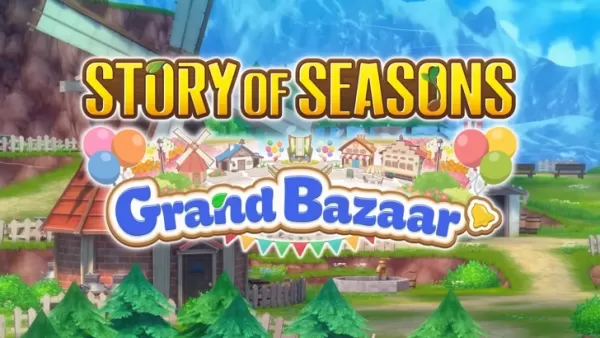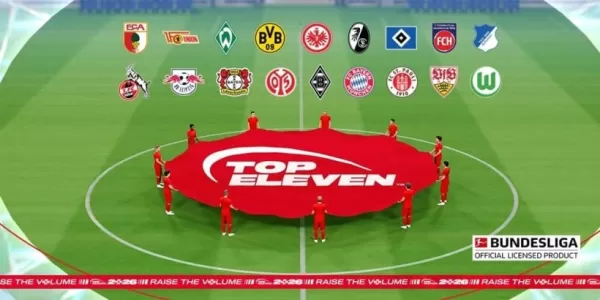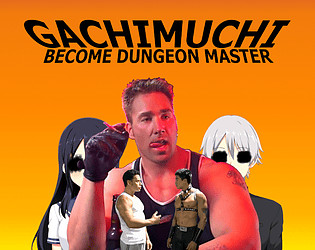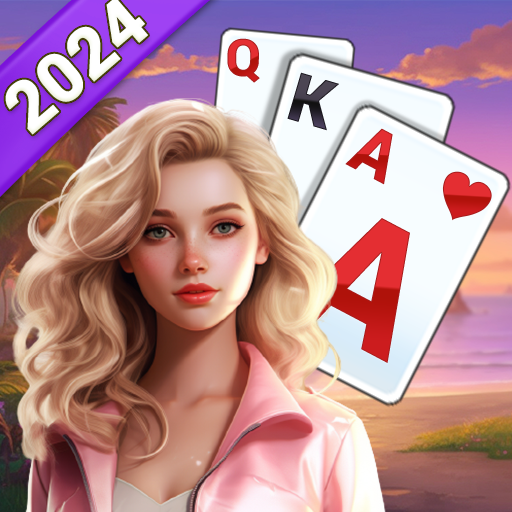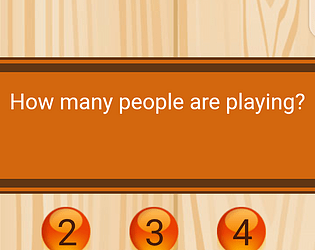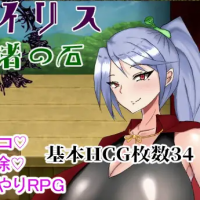The early iterations of Will Wright's iconic life simulation games, *The Sims 1* and *The Sims 2*, were packed with enchanting details, immersive mechanics, and quirky surprises that have been missed in later entries. These original games were defined by unique features such as deeply personal memory systems and distinctive NPC interactions, which added a magical touch to the gameplay. As the series progressed, many of these cherished elements were lost, leaving fans nostalgic and yearning for their return. In this article, we'll delve into the forgotten gems of these pioneering games, exploring features that fans fondly remember and hope to see again.
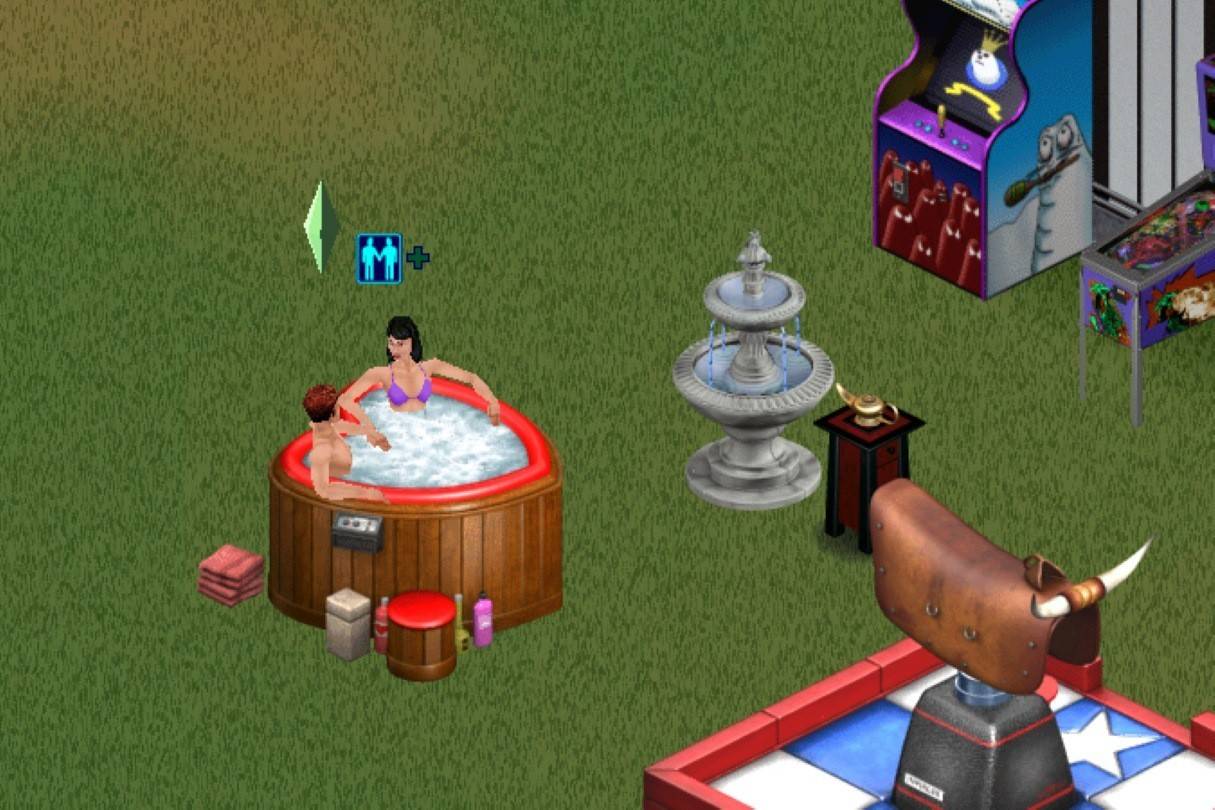 Image: ensigame.com
Image: ensigame.com
Table of Content ---
The Sims 1 Authentic Plant Care Can’t Pay, Can’t Eat! A Genie’s Unexpected Gift The School of Hard Knocks Realistic WooHoo Fine Dining Thrills and Spills The Price of Fame Spellcasting in Makin’ Magic Singing Under the Stars The Sims 2 Running a Business Higher Education, Higher Rewards Nightlife The Excitement of Apartment Life Memories That Last, Love That Doesn’t Functional Clocks Shop ‘Til You Drop Unique NPCs Unlocking Hobbies A Helping Hand 0 0 Comment on this The Sims 1
Authentic Plant Care
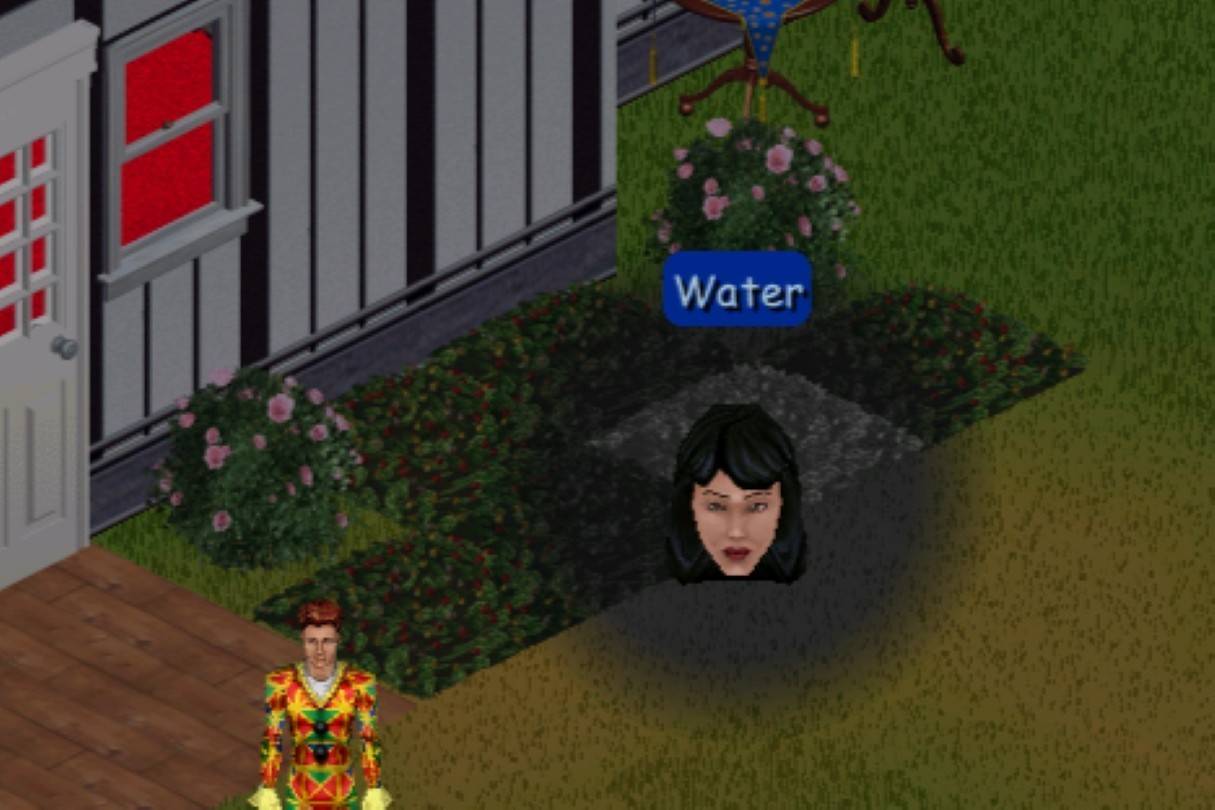 Image: ensigame.com
Image: ensigame.com
In The Sims 1, certain indoor plants demanded regular watering to thrive. Neglecting them led to wilting, not only marring the home's appearance but also negatively impacting the "Room" need, subtly urging players to keep their living spaces tidy.
Can’t Pay, Can’t Eat!
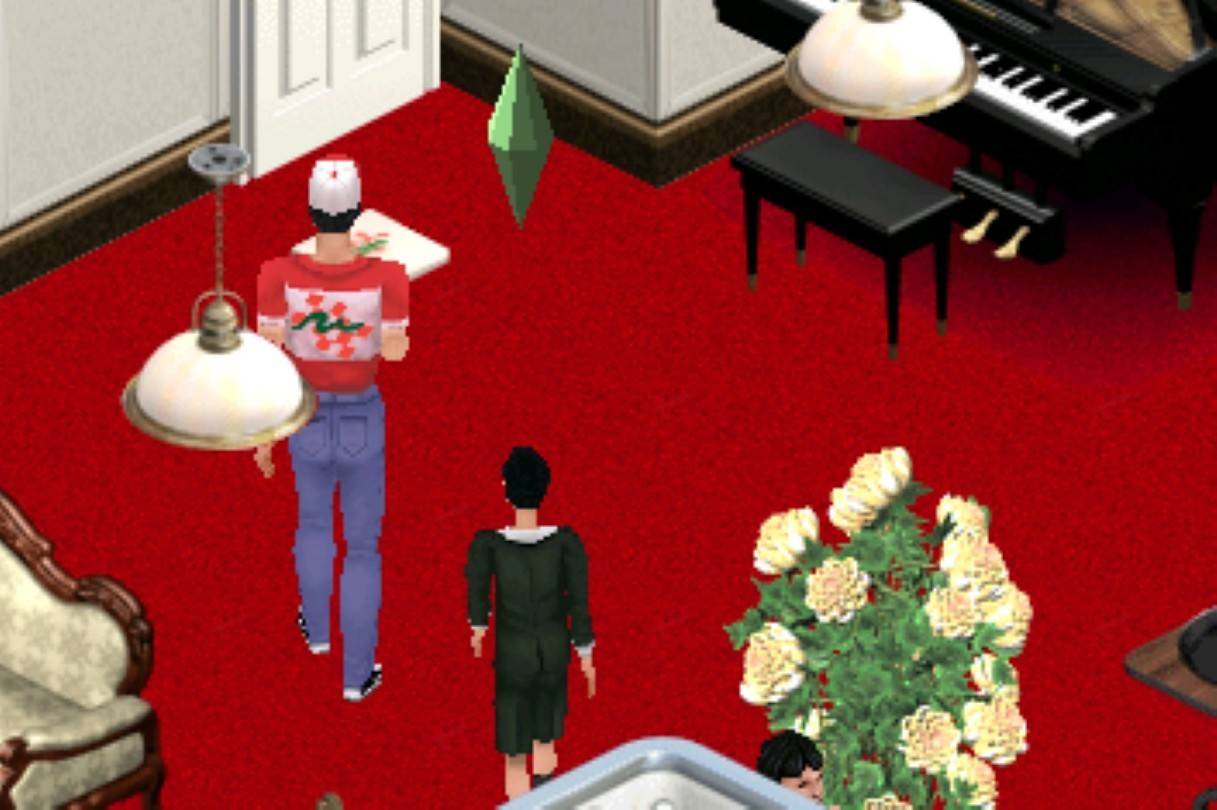 Image: ensigame.com
Image: ensigame.com
When your Sim couldn't afford to pay for their pizza order, Freddy, the delivery man, would express his frustration visibly. Rather than simply leaving, he would take back the pizza, adding a layer of realism to the game.
A Genie’s Unexpected Gift
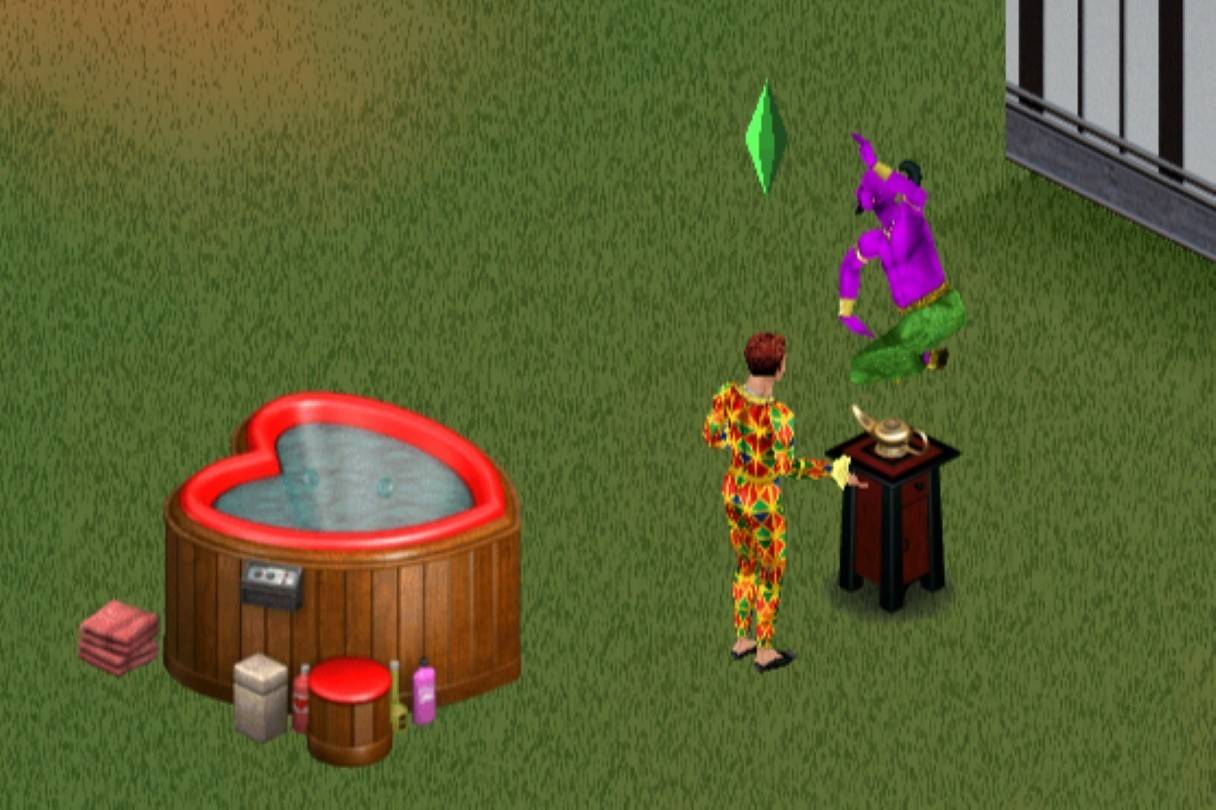 Image: ensigame.com
Image: ensigame.com
The magical genie lamp in The Sims 1 could be used once a day, granting a variety of wishes with lasting effects. One particularly surprising outcome was when players chose the "water" wish. Instead of a simple water-related boon, there was a chance the genie might gift a luxurious hot tub, catching many players off guard, especially during self-imposed challenges like the rags-to-riches scenario.
The School of Hard Knocks
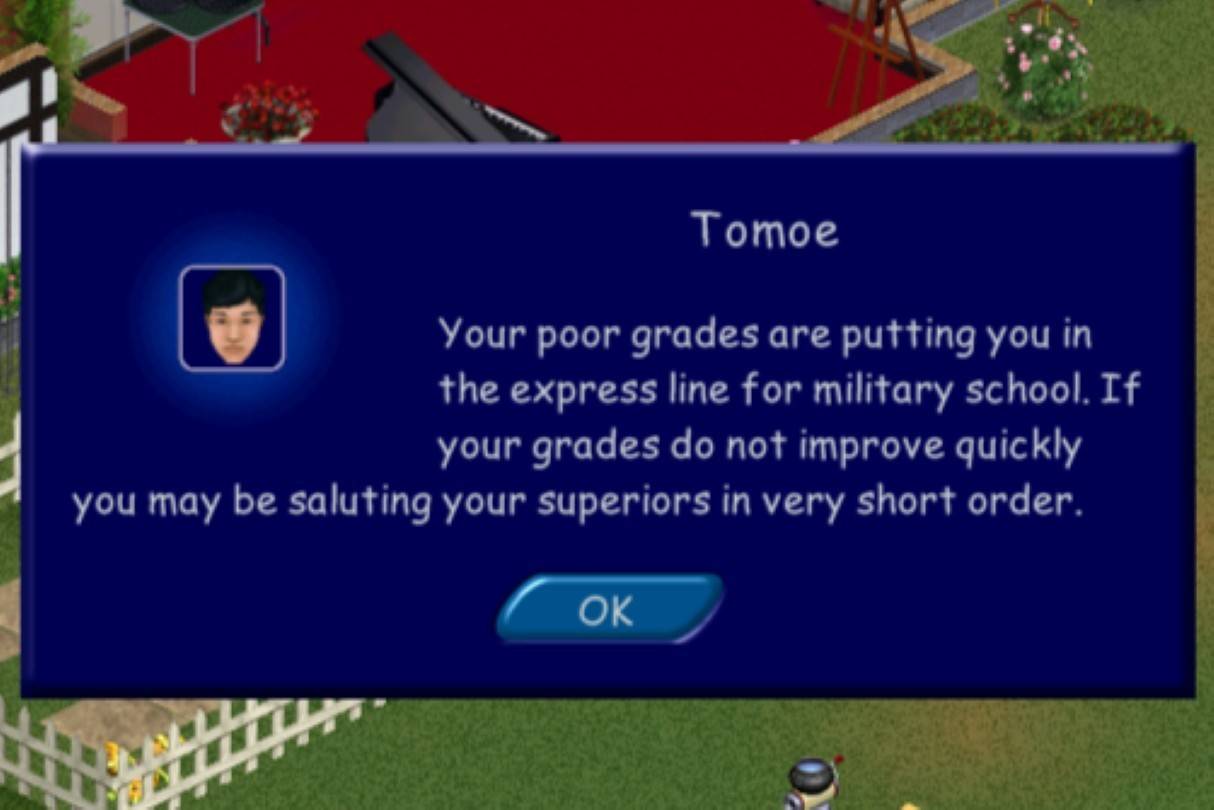
Education was pivotal in The Sims 1. High-achieving Sims were often rewarded with money from their grandparents, while those struggling academically faced severe consequences, including being sent to military school, effectively removing them from the household permanently.
Realistic WooHoo
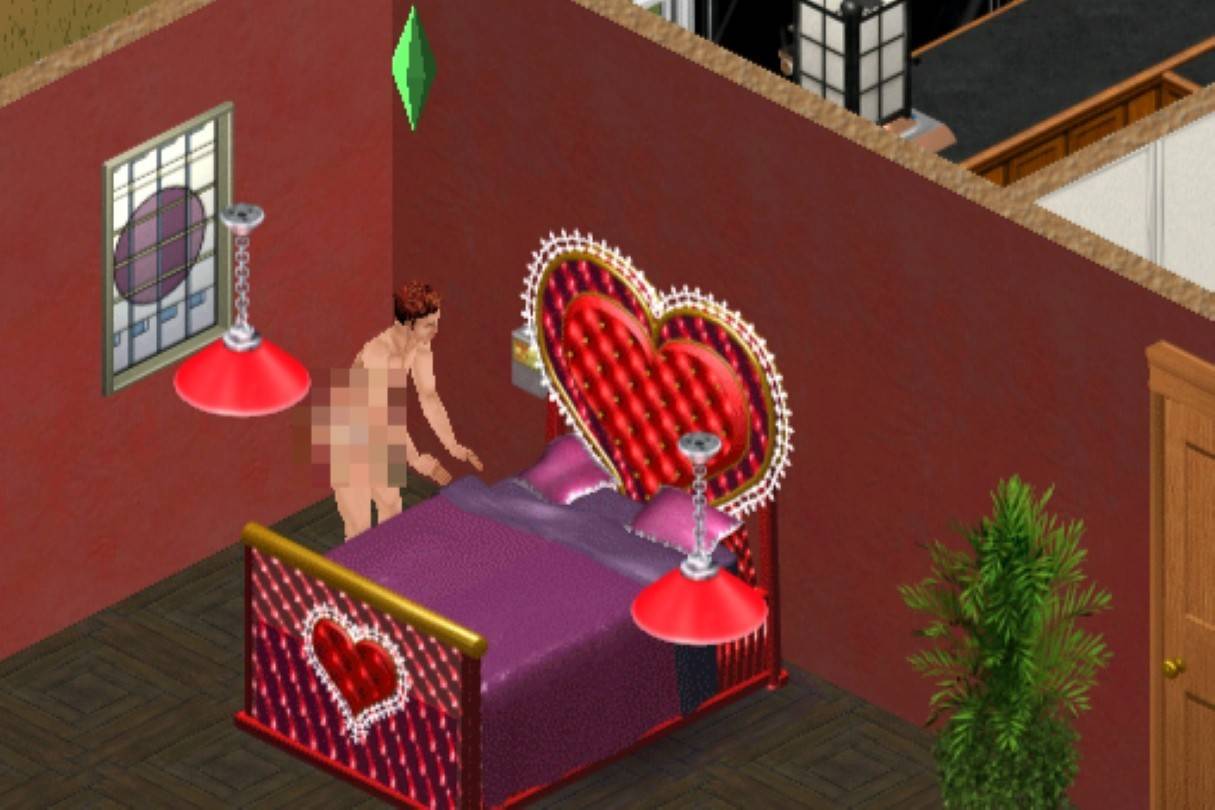 Image: ensigame.com
Image: ensigame.com
WooHoo in The Sims 1 was surprisingly realistic for its time. Sims would undress before the act and exhibit varied emotional responses afterward, from crying to cheering, reflecting the complexity of their interactions.
Fine Dining
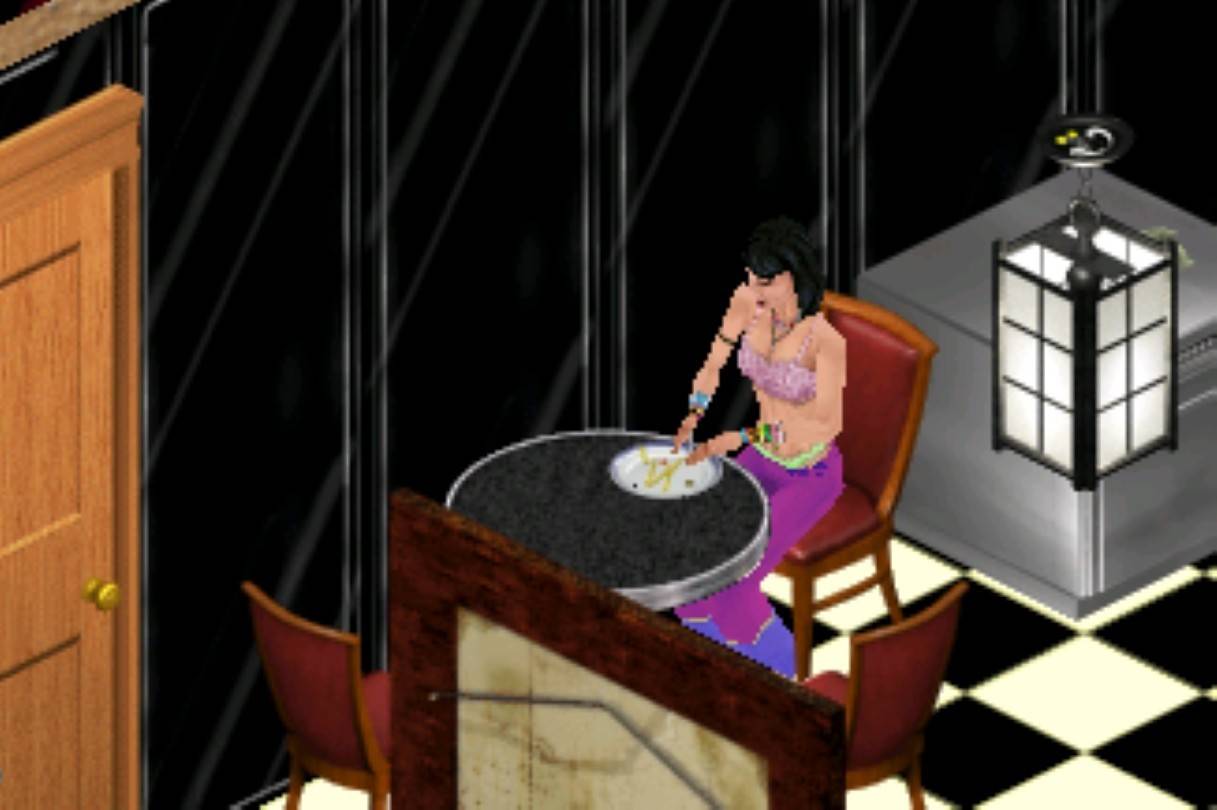 Image: ensigame.com
Image: ensigame.com
Sims in The Sims 1 demonstrated sophistication by using both a knife and a fork while eating, a detail that was simplified in later games but fondly remembered by fans.
Thrills and Spills
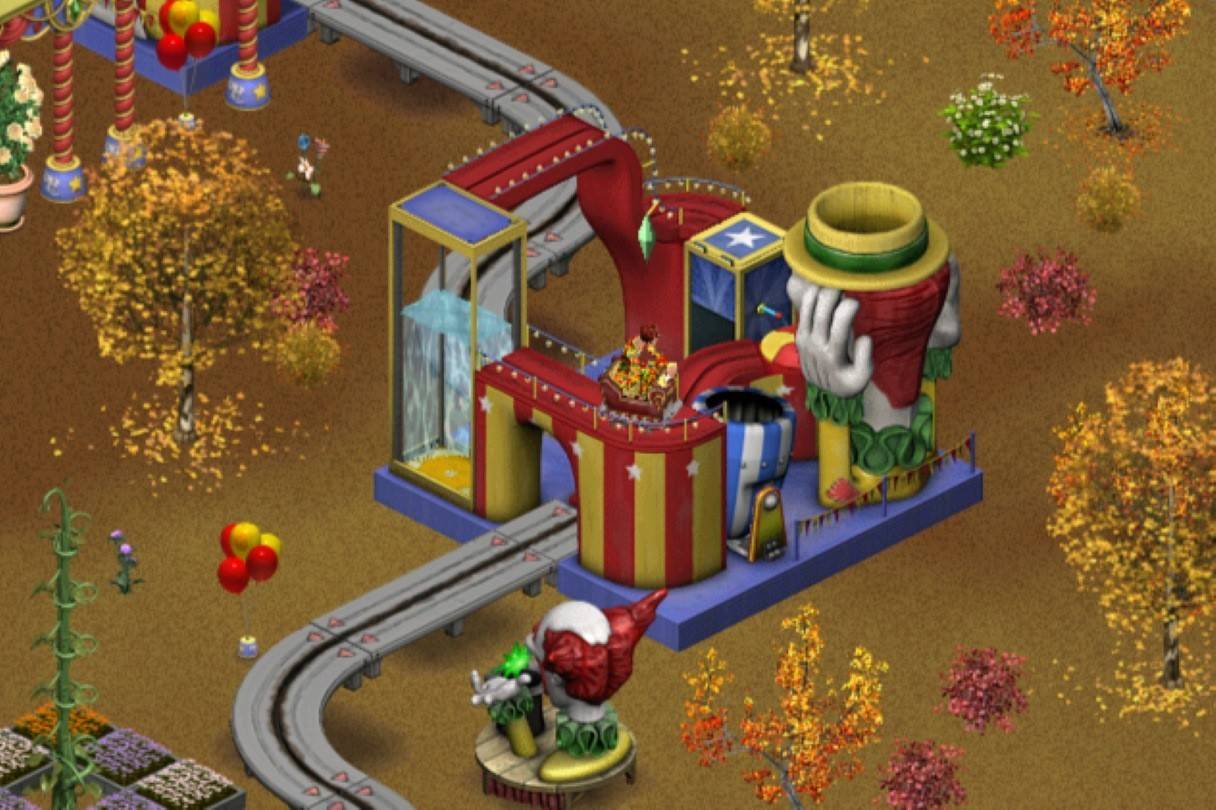 Image: ensigame.com
Image: ensigame.com
In The Sims: Makin’ Magic, roller coasters offered thrilling entertainment. Magic Town featured two unique coasters—one in Clowntastic Land with a circus theme, and another in Vernon’s Vault with a haunted house vibe. Players could also build their own roller coasters on other lots, adding excitement to any part of their Sims' world.
The Price of Fame
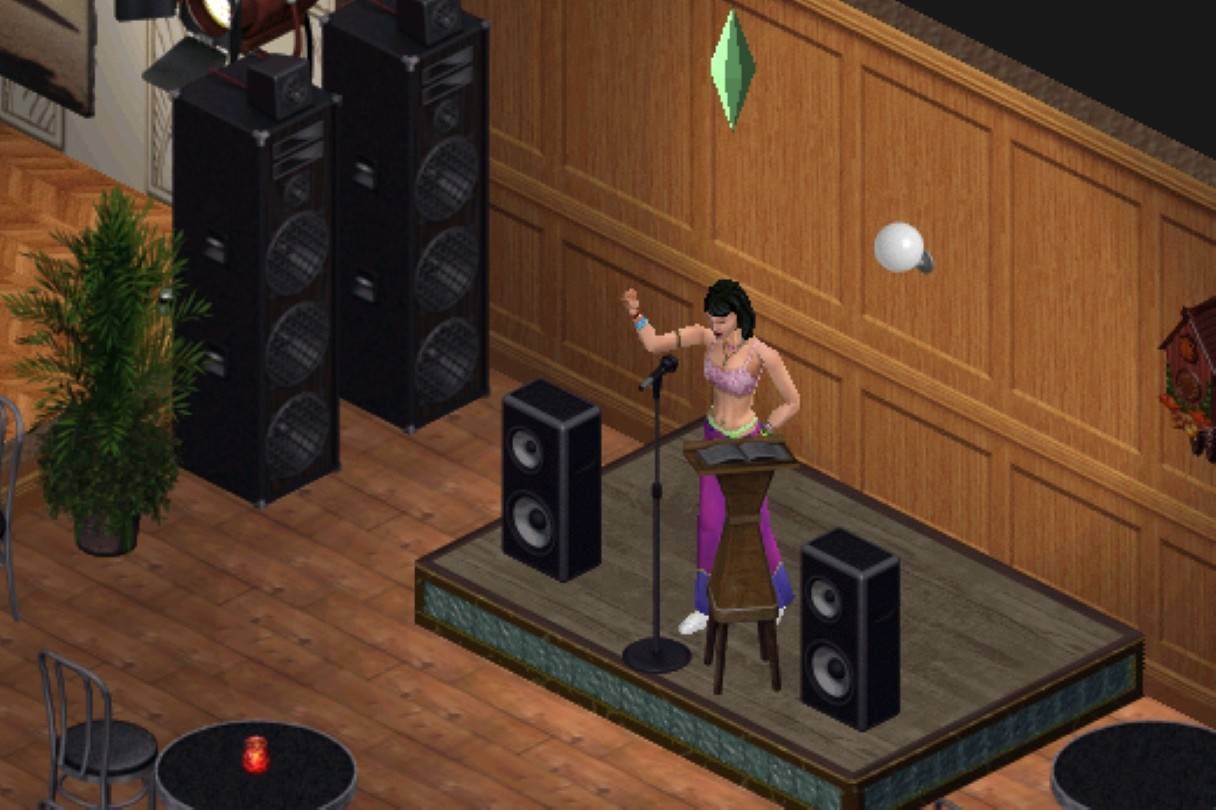 Image: ensigame.com
Image: ensigame.com
In The Sims: Superstar, Sims could chase stardom through the SimCity Talent Agency. Fame was tracked via a five-star Star Power system, influenced by performances in Studio Town. Success in acting, modeling, or singing boosted their ranking, while failures or neglect could cause their fame to wane, highlighting the transient nature of celebrity.
Spellcasting in Makin’ Magic
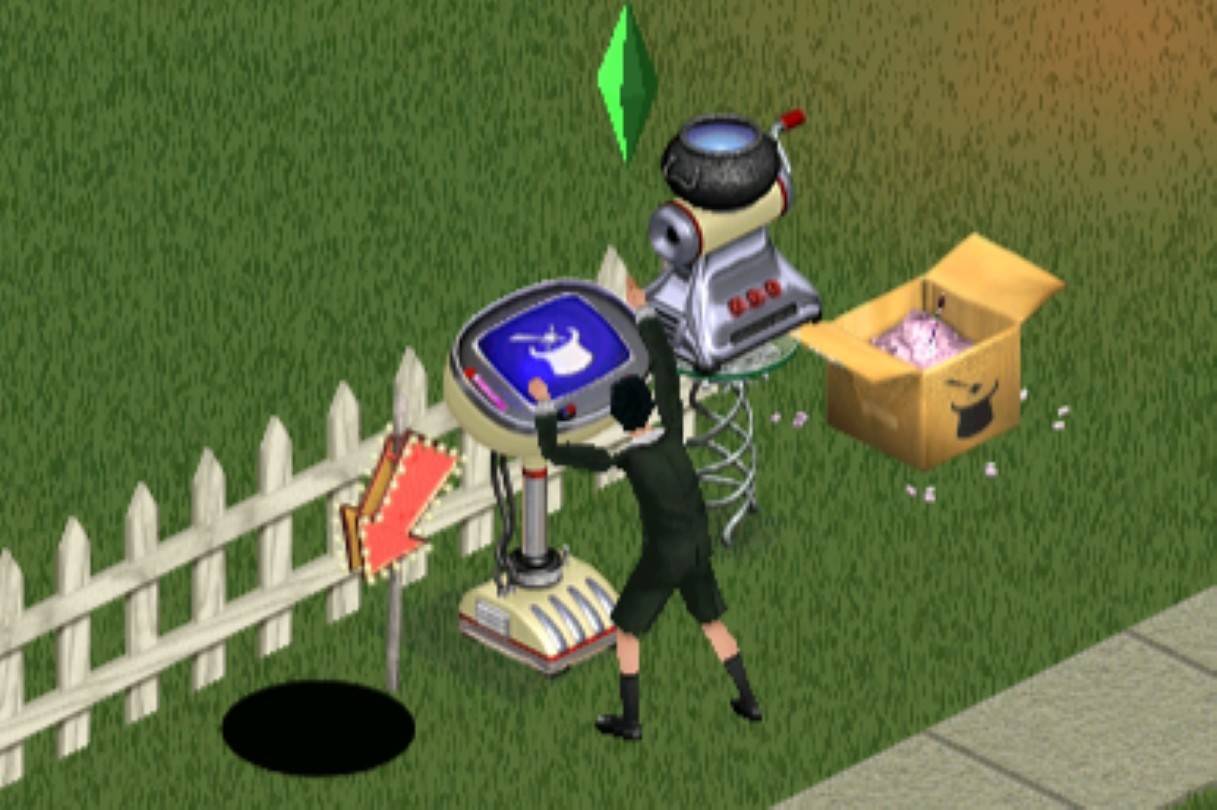 Image: ensigame.com
Image: ensigame.com
Makin’ Magic introduced a detailed spellcasting system, allowing Sims to create spells and charms using specific ingredients. Documented in The Start Here Spellbook, these magical recipes were unique to The Sims 1, as it was the only game where children could become spellcasters.
Singing Under the Stars
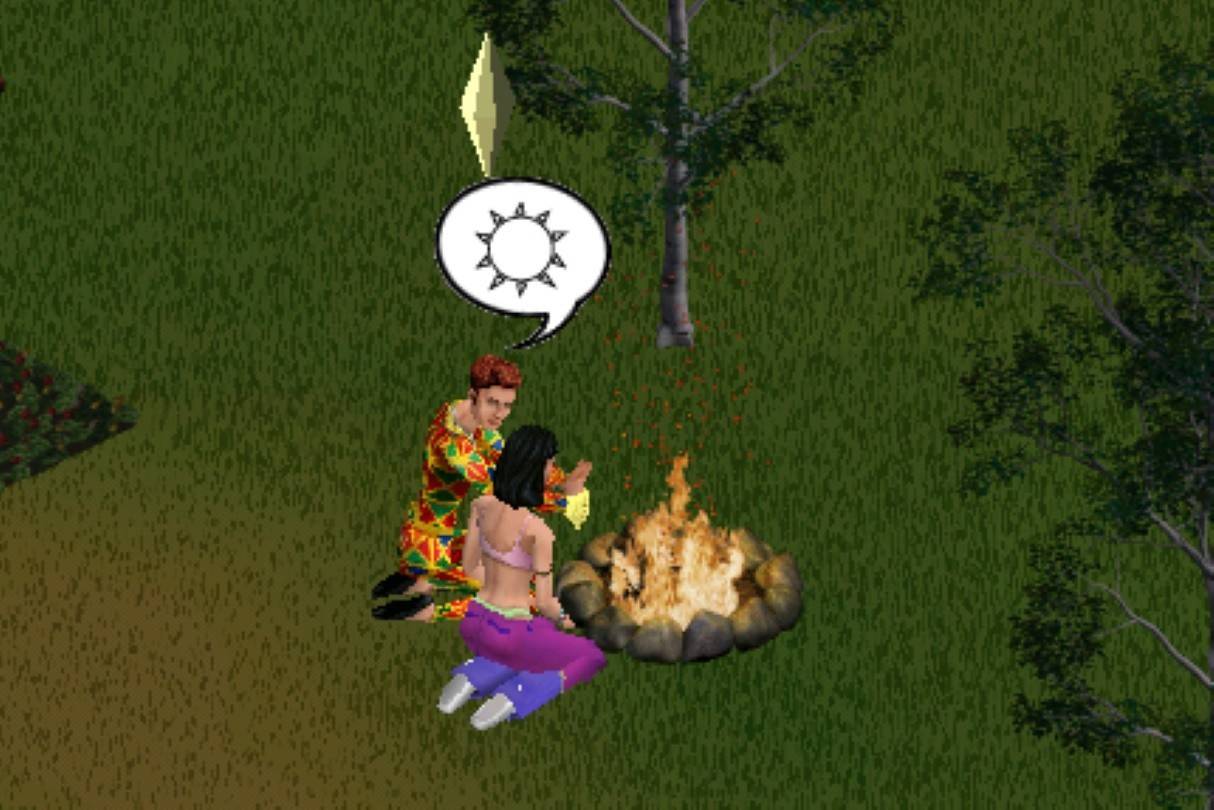 Image: ensigame.com
Image: ensigame.com
Around a campfire, Sims could sing folk songs, choosing from three melodies. These singalongs fostered a charming social atmosphere, enhancing the outdoor experience in The Sims 1.
The Sims 2
Running a Business
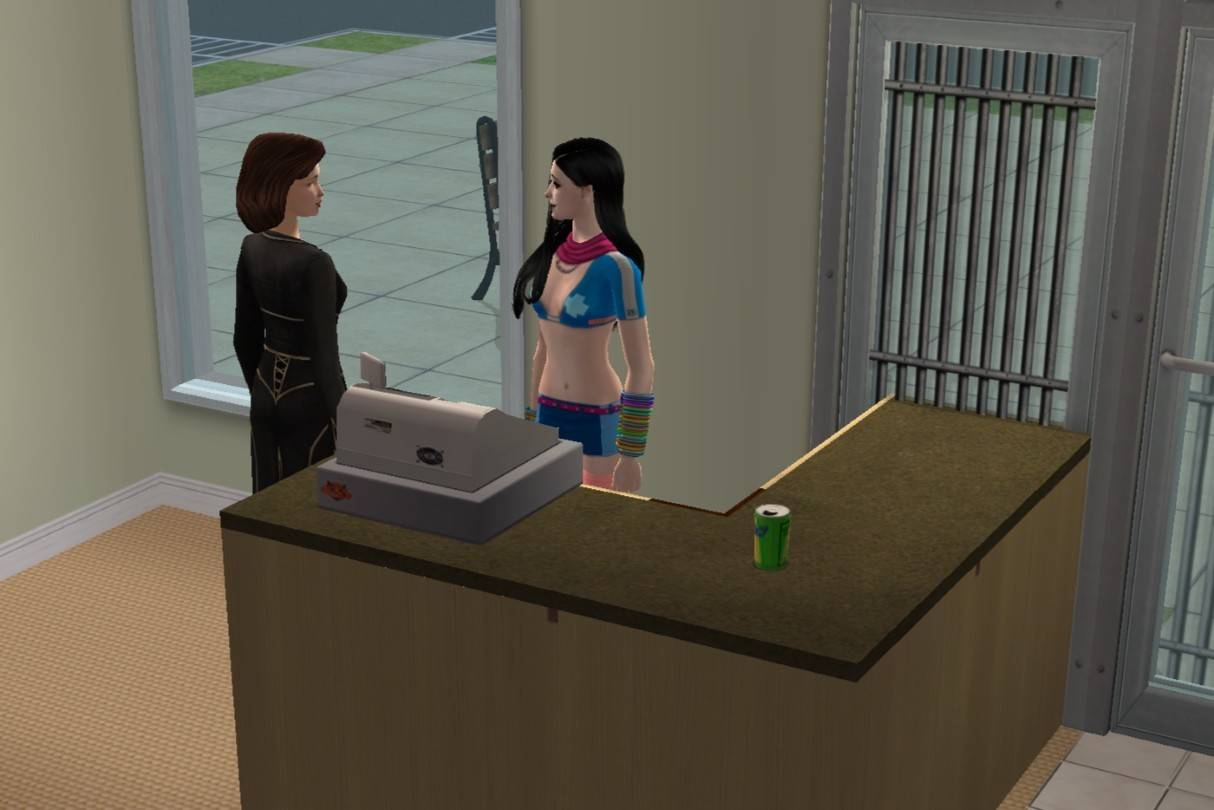 Image: ensigame.com
Image: ensigame.com
In The Sims 2, Sims could become entrepreneurs, starting businesses from home or dedicated venues. From fashion boutiques to restaurants, the potential for growth was vast. Hiring and managing employees was crucial, as their performance directly impacted profitability, allowing Sims to rise from modest shop owners to business tycoons.
Also read: 30 best mods for The Sims 2 ### Higher Education, Higher Rewards
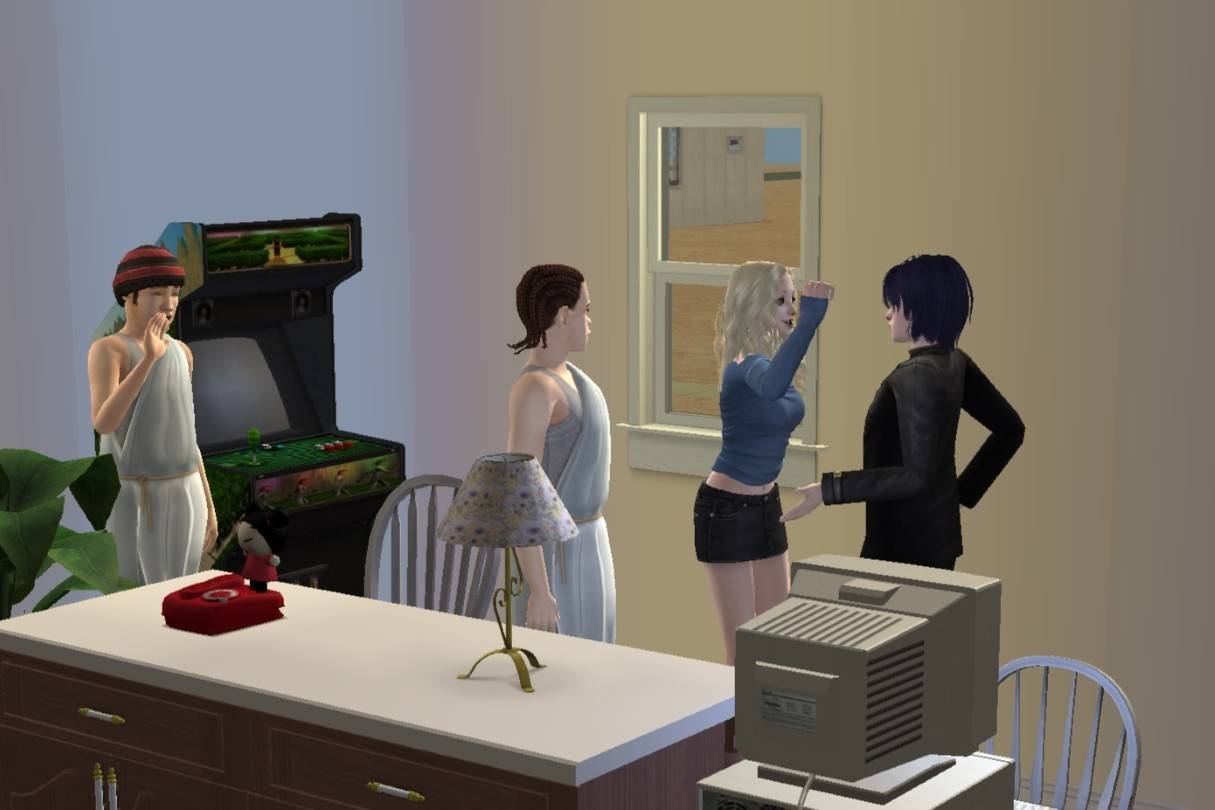 Image: ensigame.com
Image: ensigame.com
With The Sims 2: University, teens could attend college, moving to a dedicated university town and choosing from ten majors. Balancing academics and social life, they could unlock advanced career opportunities upon graduation, highlighting the value of higher education.
Nightlife
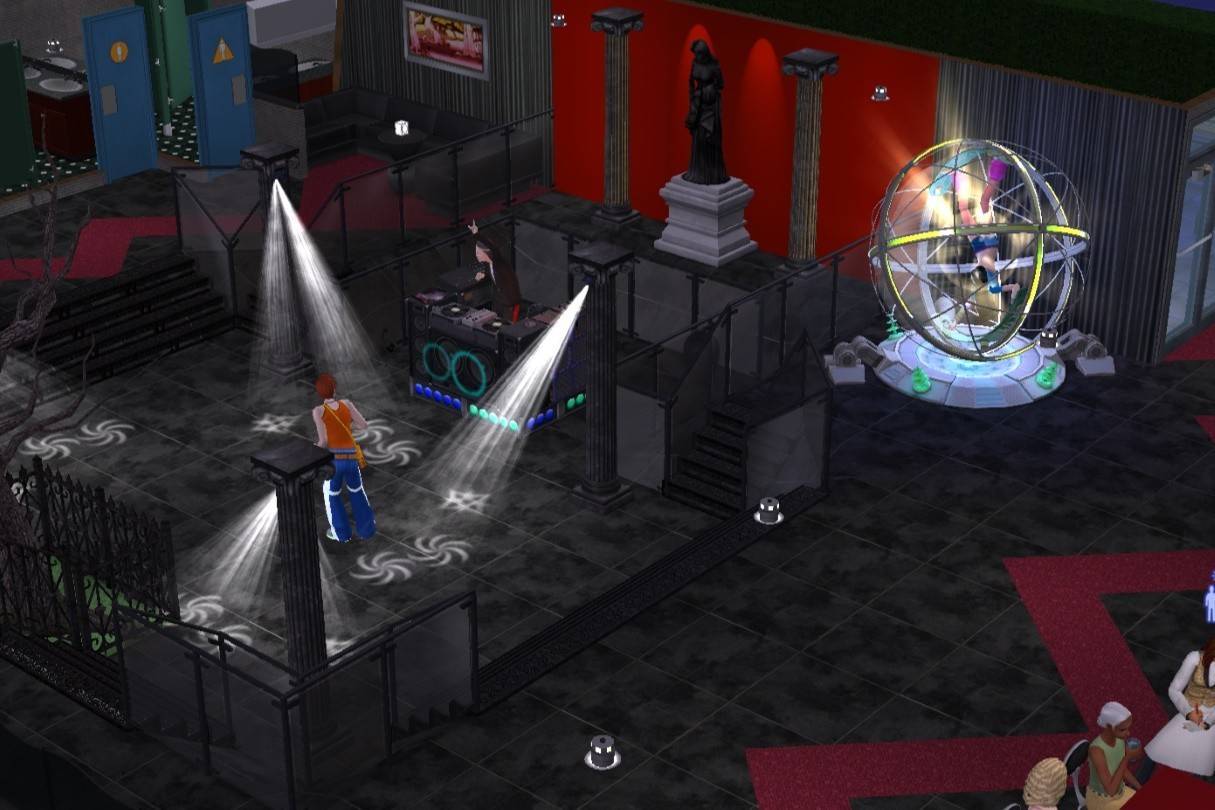 Image: ensigame.com
Image: ensigame.com
Nightlife expanded the game with inventories, new social interactions, and over 125 objects. Romantic dynamics became richer, with NPC dates leaving gifts or hate letters. Iconic characters like DJs, a Gypsy matchmaker, Mrs. Crumplebottom, and grand vampires added depth to the social landscape.
The Excitement of Apartment Life
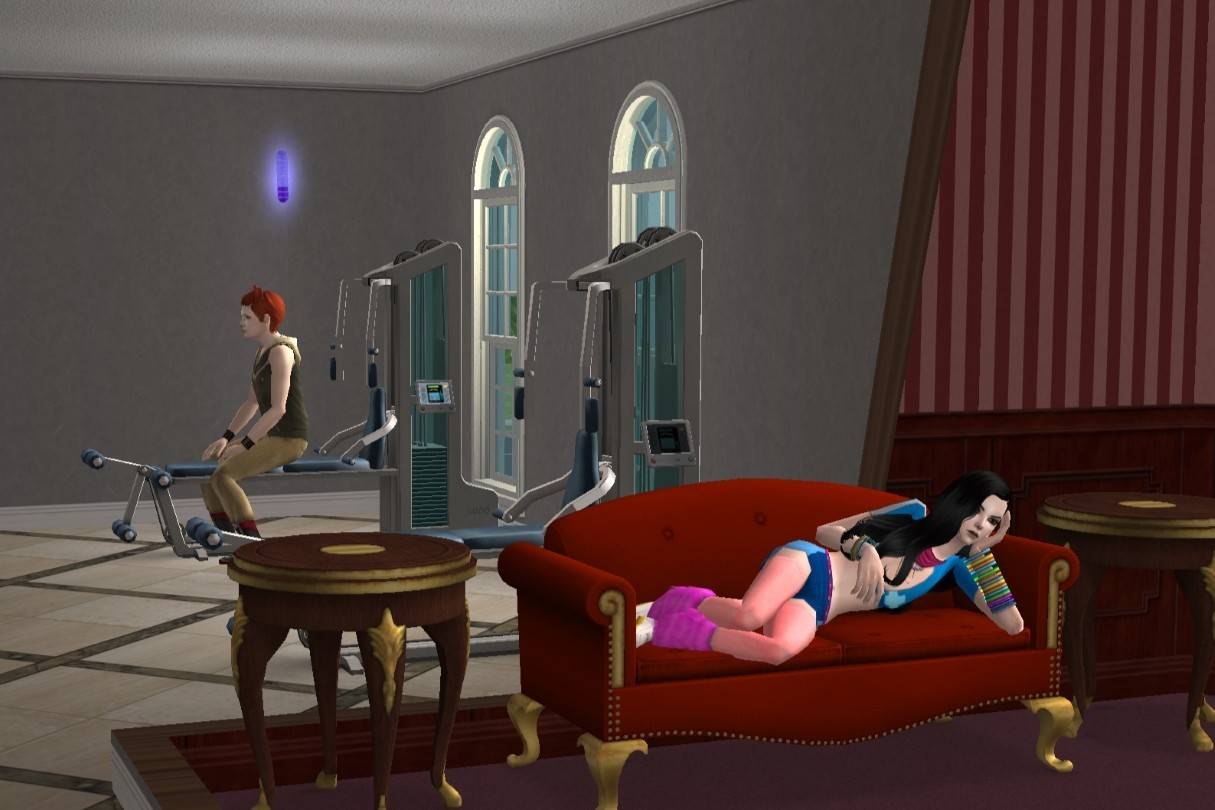 Image: ensigame.com
Image: ensigame.com
Apartment Life, the final expansion for The Sims 2, introduced living in bustling apartment buildings. Close proximity fostered new relationships and opportunities, from socializing in coffee shops to enjoying urban amenities, enriching the city life experience.
Memories That Last, Love That Doesn’t
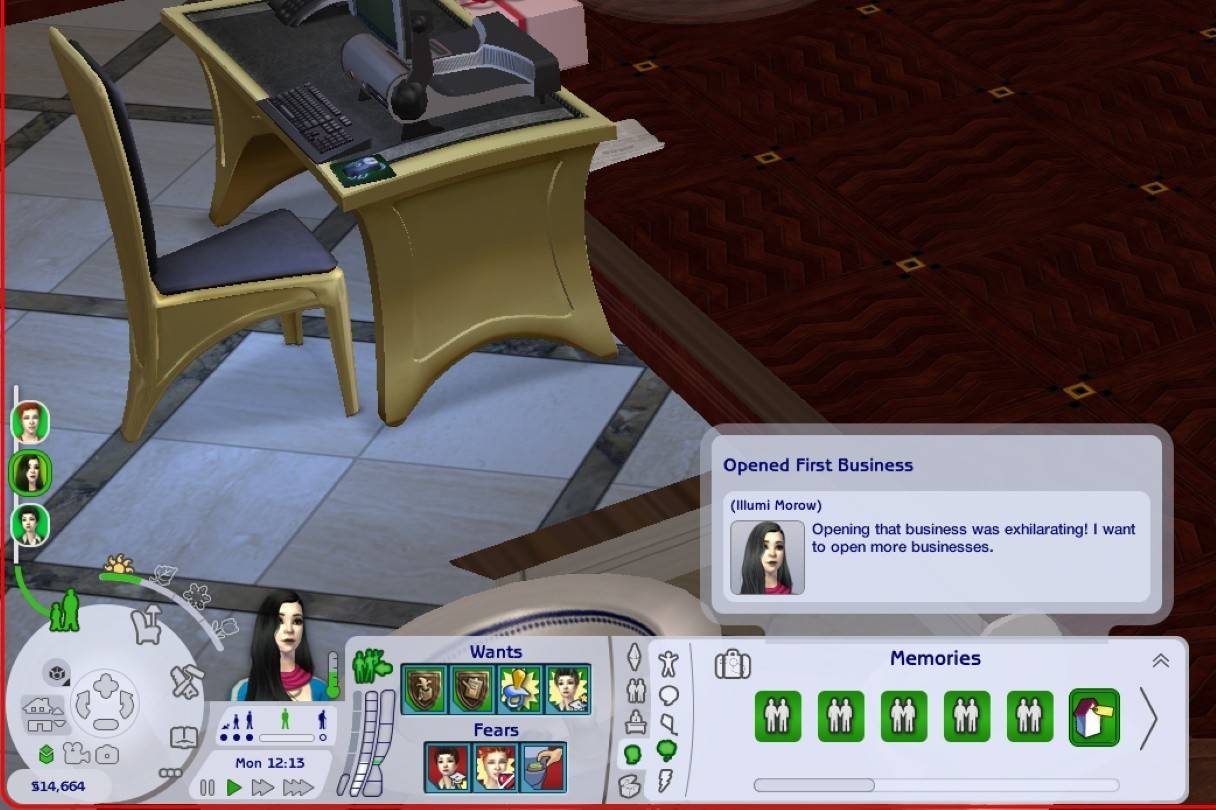 Image: ensigame.com
Image: ensigame.com
The memory system in The Sims 2 allowed Sims to recall significant life events, influencing their personalities and interactions. This feature added realism and depth, including the complexities of unrequited love and friendships.
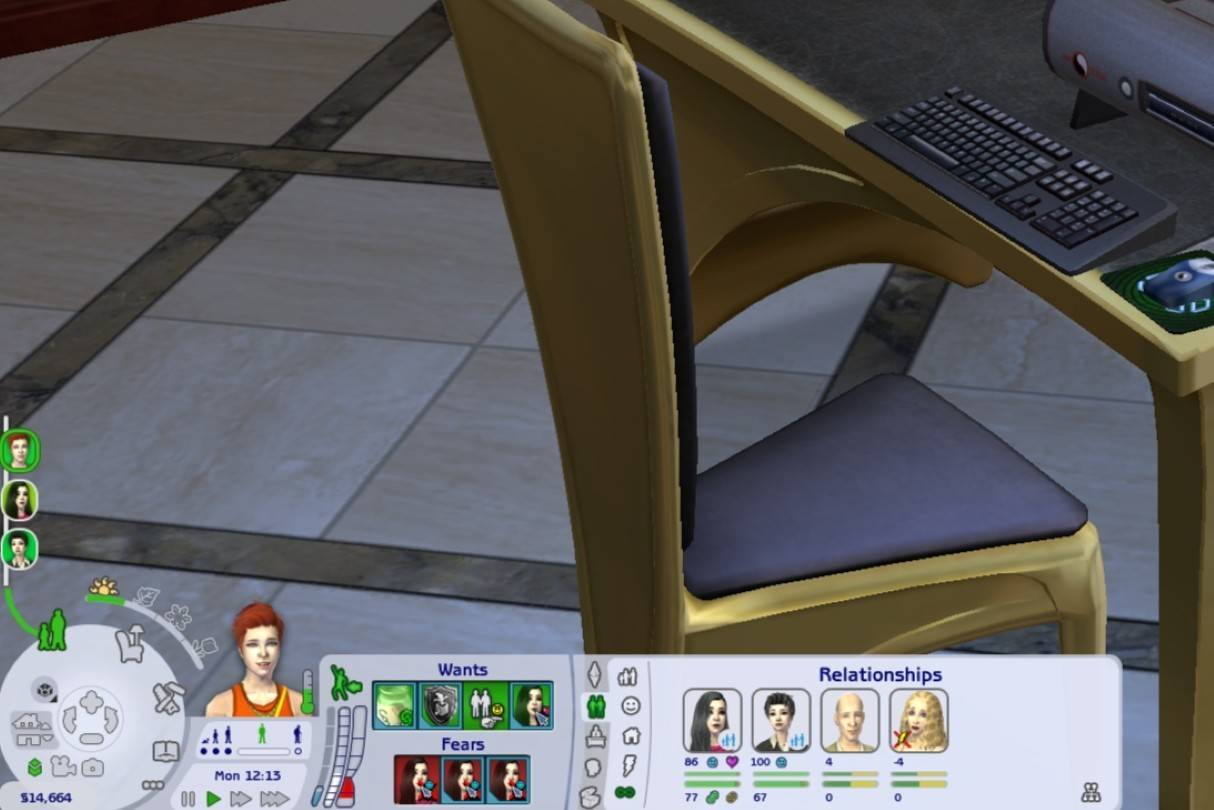 Image: ensigame.com
Image: ensigame.com
Functional Clocks
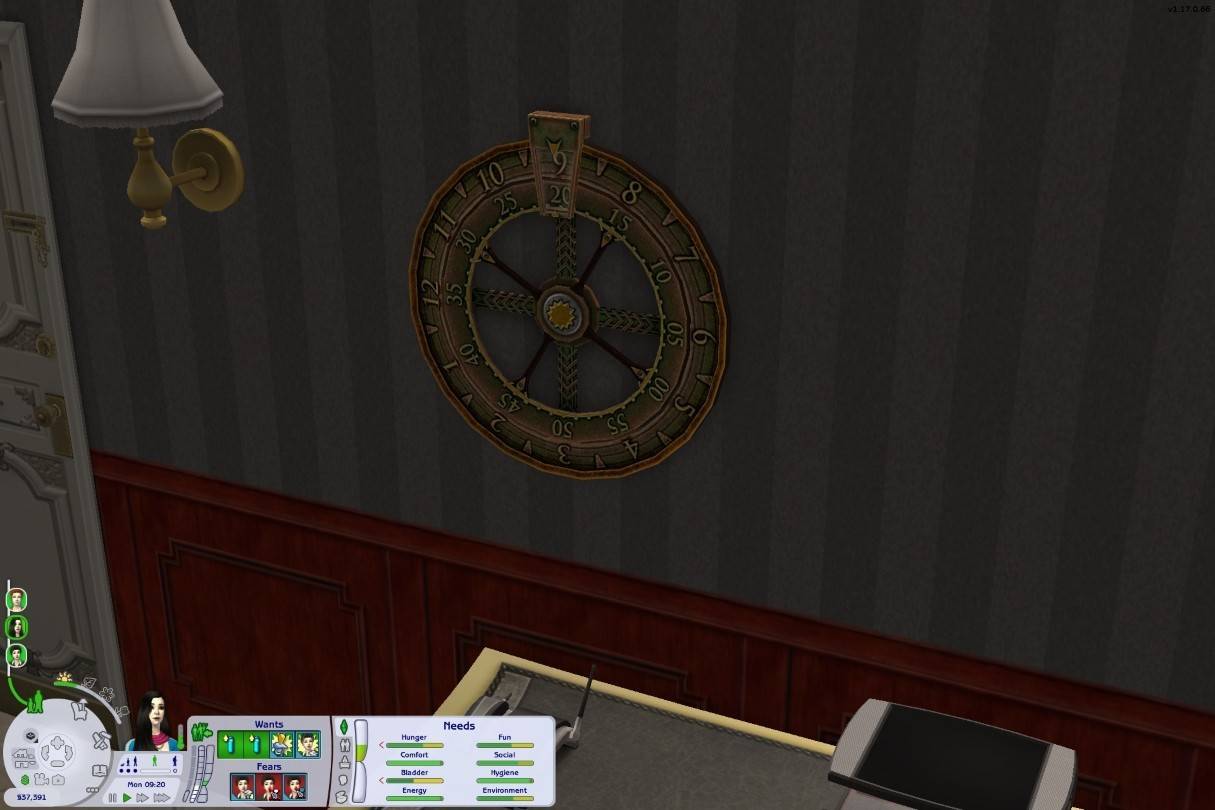 Image: ensigame.com
Image: ensigame.com
Clocks in The Sims 2 served a practical purpose by displaying real-time, allowing players to track the in-game hours without relying on the interface.
Shop ‘Til You Drop
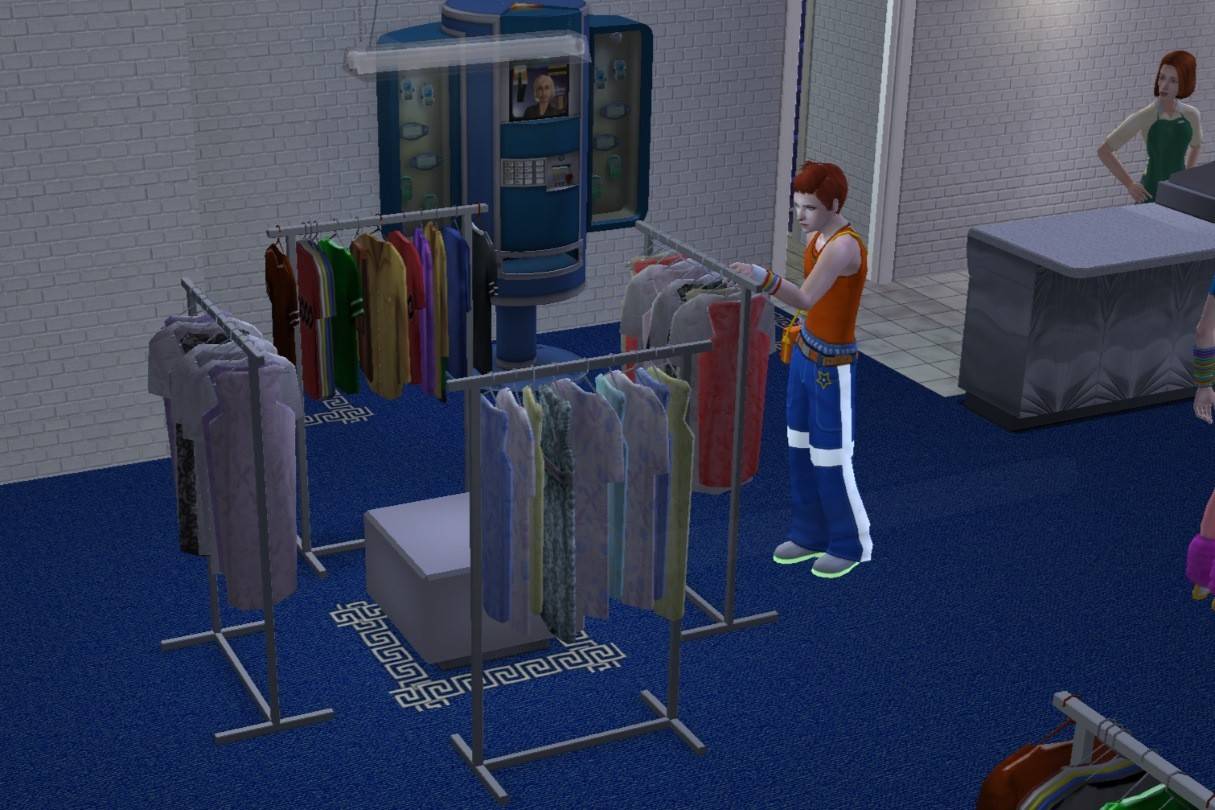 Image: ensigame.com
Image: ensigame.com
Unlike later games, The Sims 2 required Sims to shop for food and clothing. Empty refrigerators and outdated wardrobes meant regular trips to the store, adding realism to daily life.
Unique NPCs
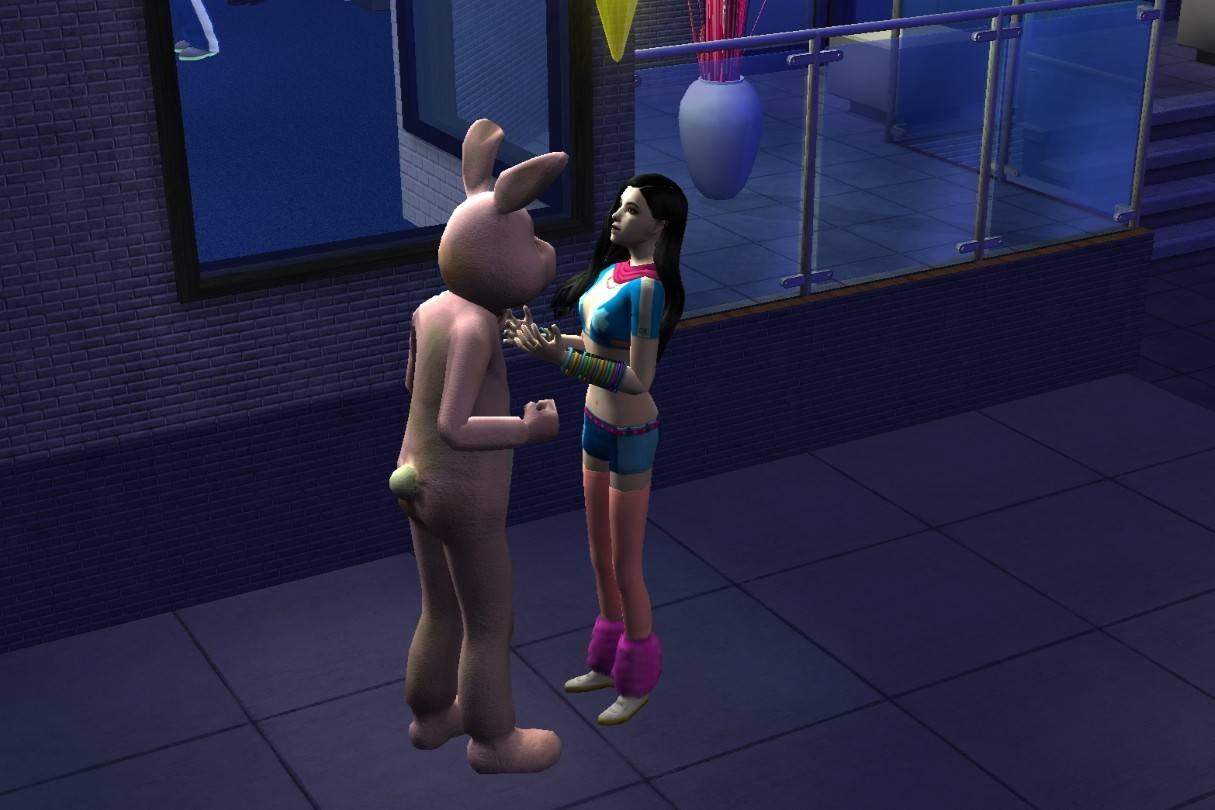 Image: ensigame.com
Image: ensigame.com
The Social Bunny appeared when a Sim's social needs were low, offering companionship. The Therapist intervened during breakdowns, adding unique NPC interactions that enhanced gameplay.
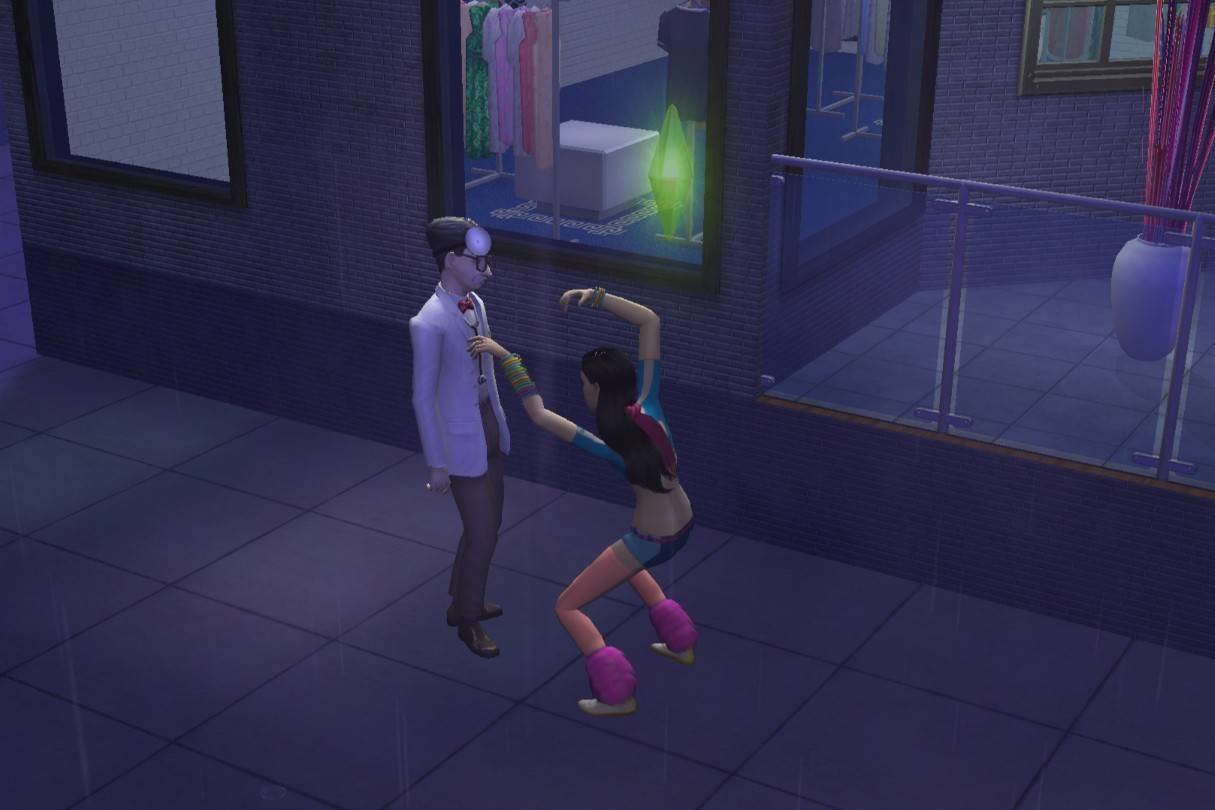 Image: ensigame.com
Image: ensigame.com
Unlocking Hobbies
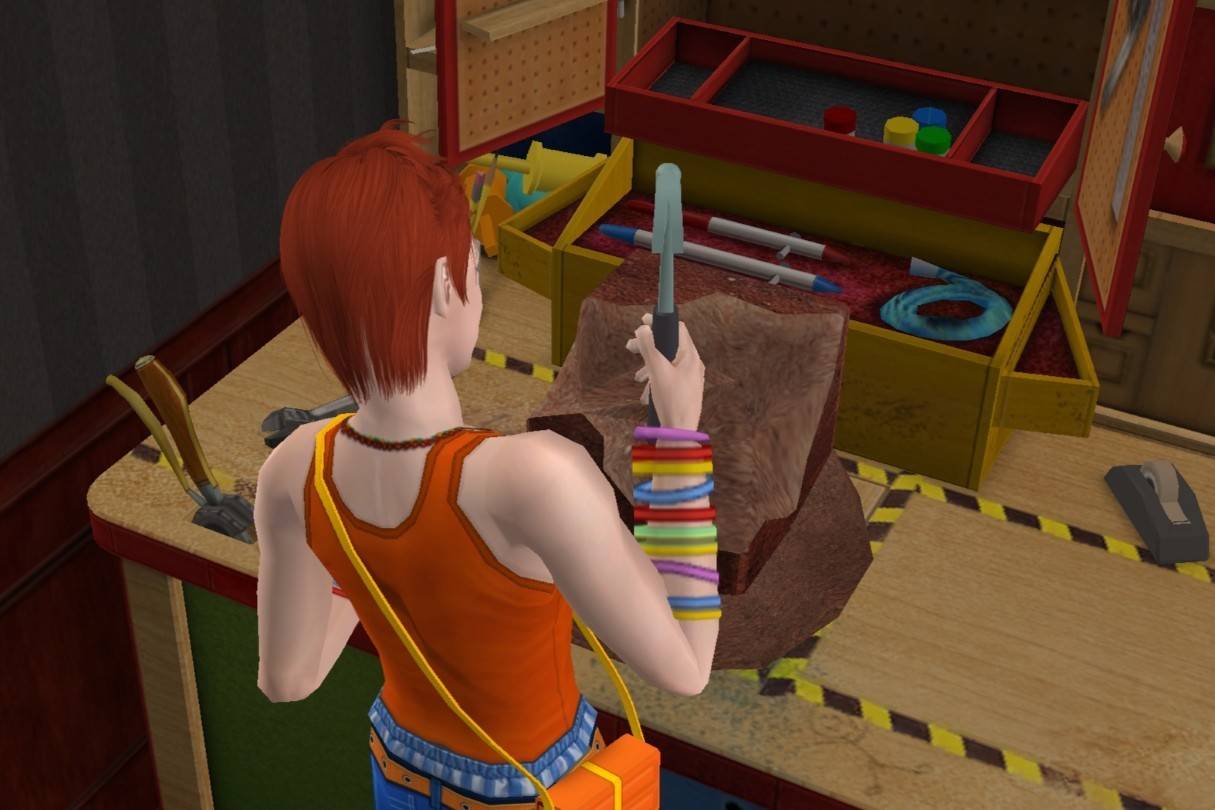 Image: ensigame.com
Image: ensigame.com
With FreeTime, Sims could engage in various hobbies, from playing football to mastering ballet. Hobbies not only built skills but also fostered friendships and opened exclusive career paths, enriching their lives.
A Helping Hand
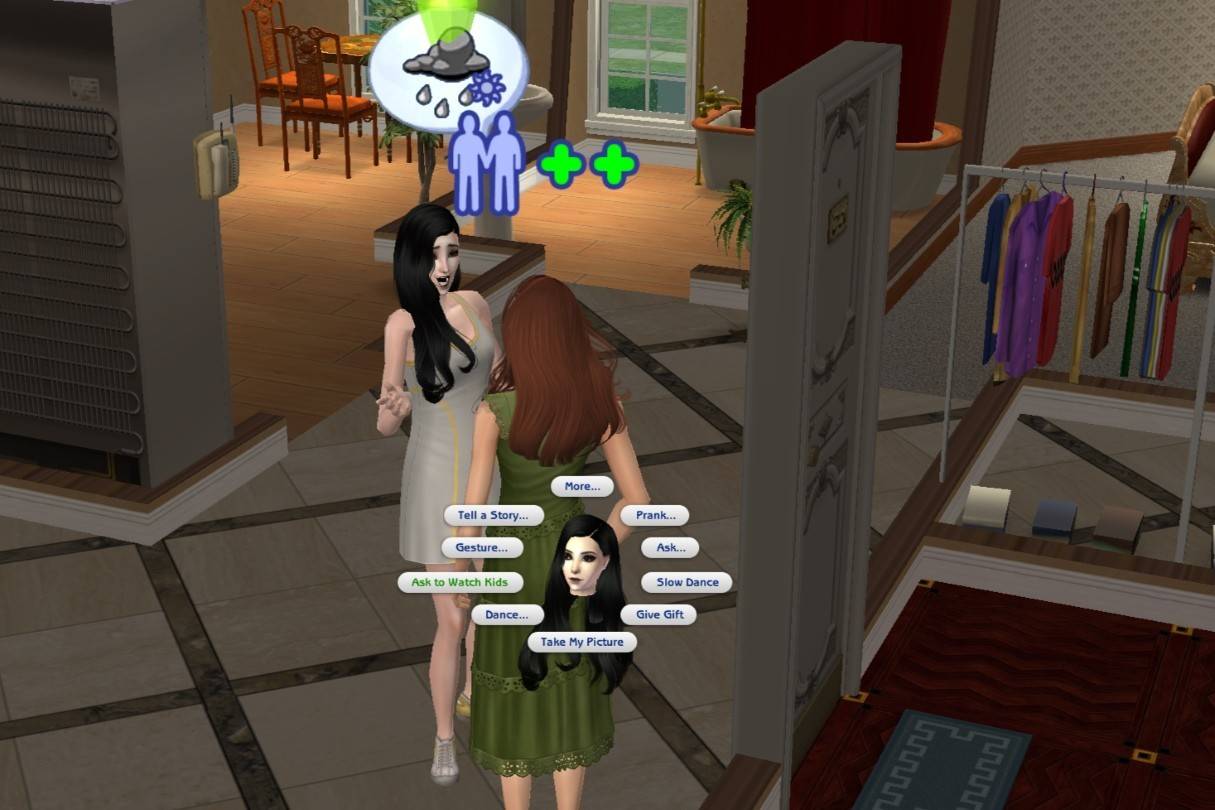 Image: ensigame.com
Image: ensigame.com
In The Sims 2, Sims with strong relationships could ask neighbors for help with childcare, offering a personal touch to family life.
*The Sims 1* and *The Sims 2* were groundbreaking with their depth, creativity, and unique features. While we may never see all these elements return, they remain a nostalgic testament to the special experiences that defined the early days of the Sims franchise.


